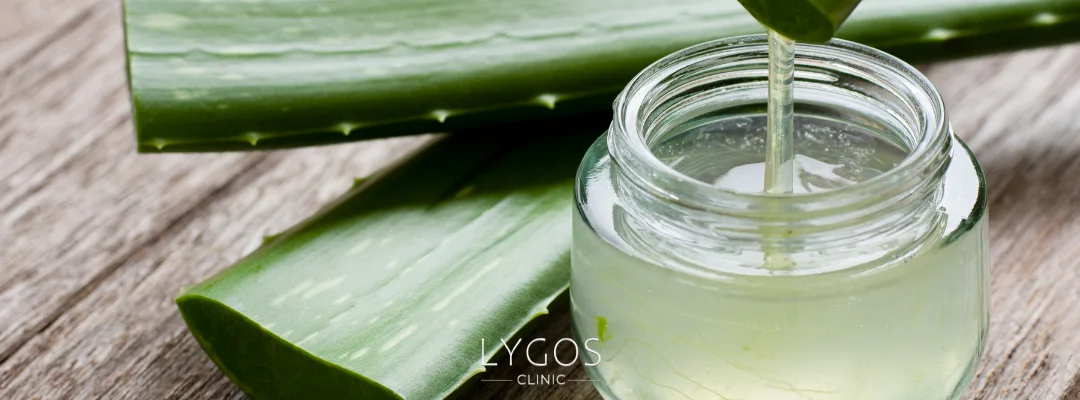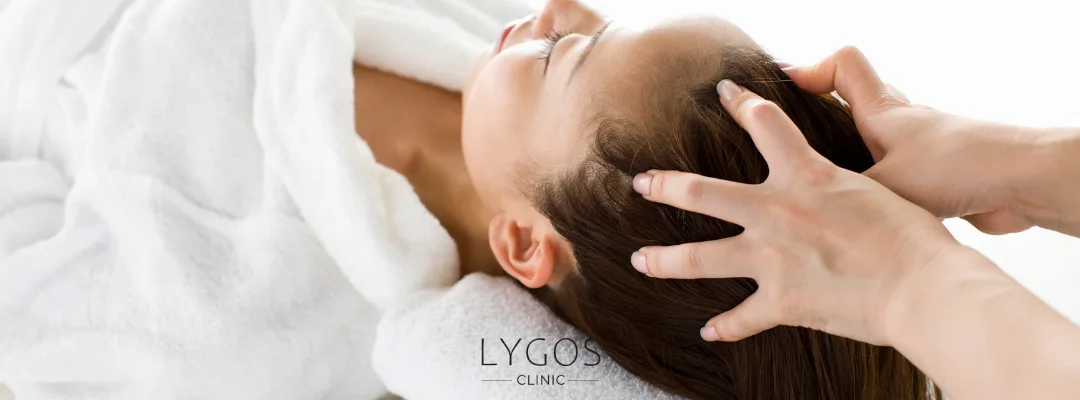Hair Care Tips for Oily Hair

Chose Your Topic
Hair Care Tips for Oily Hair
Oily hair is a common condition that can affect daily life. Due to excessive sebum production, hair becomes greasy quickly, loses volume, and appears heavy. This can be uncomfortable both aesthetically and hygienically. Fortunately, it is possible to manage oily hair effectively with the right methods. In this article, we will discuss hair care tips for oily hair and solutions specifically for oily hair.

What is Oily Hair and Why Does It Occur?
Oily hair occurs when the scalp produces too much sebum. Sebum is a natural substance secreted by the sebaceous glands in the scalp and helps maintain hair’s moisture balance. However, in some cases, this oil production becomes excessive, causing hair to grease quickly.
The main causes of oily hair include:
- Genetic factors: If oily hair runs in your family, you are more likely to experience it.
- Hormonal changes: Hormonal fluctuations during puberty, menstrual cycles, or stress can increase sebum production.
- Incorrect product use: Using shampoos or conditioners that do not suit your hair type can make hair grease faster.
- Unbalanced diet: Consuming excessive oily, sugary, or processed foods can increase hair’s oil production.
At this point, it’s important to follow proper hair care tips to manage oily hair.
Choosing the Right Shampoo and Products
One of the key steps in managing oily hair is using the right products. Consider the following:
- Lightweight shampoos: Opt for products free from silicones and heavy chemicals.
- Conditioner use: Apply only to hair ends, avoiding the scalp.
- Weekly treatments: Use a deep-cleansing mask or clarifying shampoo 1–2 times a week to prevent heavy oil buildup.
- pH balance: Products that maintain the natural pH of hair and scalp help control oiliness.
Choosing the right products is one of the most effective steps in oily hair care. Using the wrong products can increase oiliness and make hair appear dull.

Natural Masks and At-Home Care
Natural masks that you can apply at home can nourish hair while balancing oil production. Some recommendations include:
- Lemon juice and water mask: Mix one teaspoon of lemon juice with half a cup of water and apply to the scalp. Leave for 10–15 minutes and rinse. Lemon helps regulate hair’s oil balance.
- Yogurt mask: Yogurt moisturizes the scalp and balances excessive oil. Can be applied once a week.
- Aloe vera gel: Applied to the scalp to help control sebum production.
Additionally, avoid touching hair frequently, wash with lukewarm rather than hot water, and comb hair regularly. These are important steps in natural oily hair care.
Hair Styling and Product Use Tips
Styling products should be used carefully, especially for oily hair. Improper use can accelerate greasiness.
- Gels and sprays: Apply to mid-lengths and ends, avoiding the scalp.
- Heat styling: Frequent use of blow dryers, curling irons, or straighteners can stimulate scalp oil production.
- Dry shampoo: Can provide a temporary solution for oily hair but should not be used continuously.
These measures help maintain both hair health and a clean, fresh appearance.
Common Mistakes and Solutions
Common mistakes with oily hair include:
- 1. Over-washing: Washing too frequently causes the scalp to produce more oil.
- Solution: Wash every other day or according to hair type.
- 2. Applying conditioner to scalp: This accelerates oiliness.
- Solution: Apply only to hair ends.
- 3. Wrong product selection: Heavy or silicone-rich products increase greasiness.
- Solution: Use lightweight, hair-type-appropriate products.
Avoiding these mistakes improves the success of oily hair care routines.

Expert Advice and Professional Care Options
Professional treatments can be effective, especially in severe cases. Dermatologists and hairdressers often recommend:
- Medical shampoos: Used under doctor supervision for conditions like seborrheic dermatitis or excessive oiliness.
- Professional hair care: Deep cleansing and special masks maintain hair’s natural balance.
- Scalp massage: Improves blood circulation and helps regulate sebum production.
Experts emphasize that regular follow-up enhances the effectiveness of oily hair care routines.
Managing oily hair is possible with the right products, natural care methods, and professional support. These approaches help maintain healthy, light, and shiny hair. Natural solutions and consistent care are the most effective methods for oily hair management.
Hair Care Tips for Oily Hair Frequently Asked Questions (FAQ)
Oily hair is identified by rapid greasing, hair feeling heavy quickly, and a dull appearance. Shine and stickiness on the scalp are also signs.
Lightweight, silicone- and paraben-free shampoos suited for oily hair are recommended. Deep-cleansing shampoos 1–2 times a week are also beneficial.
Natural masks like lemon juice, yogurt, or aloe vera gel help regulate scalp oil.
Over-washing triggers more oil production. Hair should generally be washed every other day or according to hair needs.
Dry shampoo provides a temporary solution but is not recommended for continuous use, as it may disrupt the scalp’s natural balance.



